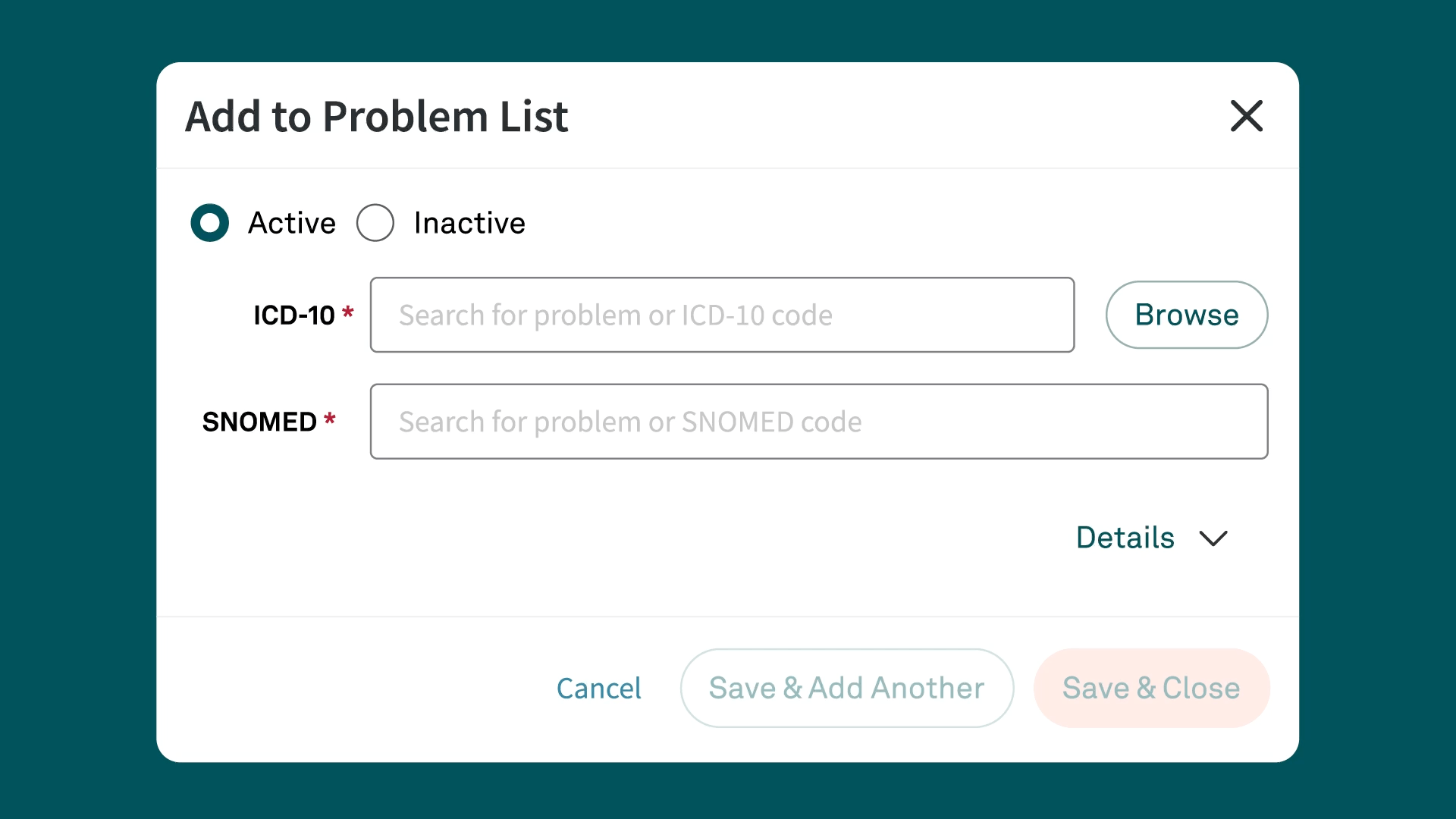ICD-10 Code Z79.4
Long-term (current) use of insulin
What is the code Z79.4?
Z79.4 is an ICD-10-CM code used to indicate “long-term (current) use of insulin.” Healthcare providers use this code to document and report the ongoing use of insulin in patients who require it for the management of diabetes mellitus.
Detailed description of Z79.4
The ICD-10 code Z79.4 falls under the International Classification of Diseases, 10th revision, Clinical Modification (ICD-10-CM) category of "persons encountering health services for specific procedures and aftercare." Specifically, Z79.4 pertains to patients who are on a long-term insulin regimen. This code captures the clinical necessity for insulin therapy, which is important for patients with diabetes mellitus who are insulin-dependent. It includes any type of insulin administration, whether through injections or insulin pumps.
Symptoms commonly associated with Z79.4
While Z79.4 itself does not describe symptoms, it is associated with conditions that necessitate insulin use, primarily diabetes mellitus. Symptoms of diabetes mellitus that may lead to long-term insulin use include:
- Hyperglycemia (high blood sugar levels)
- Frequent urination
- Excessive thirst
- Unintended weight loss
- Fatigue
- Blurred vision
- Slow healing of wounds
- Frequent infections
These symptoms indicate that the patient’s body is not managing blood glucose levels effectively, necessitating the use of insulin.
Approximate synonyms for Z79.4
The following are approximate synonyms for code Z79.4:
- Aftercare for long-term current use of insulin done
- Diabetes type 2 on insulin
- Insulin treated type 2 diabetes mellitus
- Insulin-treated non-insulin-dependent diabetes mellitus
- Long-term current use of insulin
If the provider documents the patient has diabetes and they are prescribed insulin, Z79.4 may be assigned. There is no minimum time frame to consider before the code can be assigned.
Related and similar ICD-10 codes
Several ICD-10 codes are related to or similar to Z79.4, each reflecting different aspects of diabetes management and insulin use:
These codes can be used in conjunction with Z79.4 to provide a more comprehensive picture of a patient’s health status and treatment regimen.
Appropriate usage and guidelines for Z79.4
To use Z79.4, adhere to specific guidelines to ensure accurate and effective documentation:
- Diagnosis confirmation: Ensure that the patient has a confirmed diagnosis of a condition that requires insulin therapy, such as type 1 or type 2 diabetes mellitus.
- Long-term use: This code should only be used for patients who are on a long-term insulin regimen, not for short-term or temporary use, which is unusual.
- Combination coding: Use Z79.4 in combination with codes that specify the type of diabetes and any complications or comorbidities to provide a full clinical picture, when those conditions are documented.
Common pitfalls in coding with Z79.4
Several pitfalls can occur when coding with Z79.4:
- Incorrect code usage: Using Z79.4 for patients who are not on a long-term insulin regimen can lead to inaccurate medical records and billing errors.
- Lack of specificity: Failing to use additional codes to specify the type of diabetes and any complications can result in incomplete documentation.
- Overlooking updates: Not staying current with ICD-10 updates and guidelines can lead to outdated or incorrect coding practices.
Key resources for Z79.4 coding
To ensure accurate coding with Z79.4, several resources can be invaluable:
- ICD-10-CM Official Guidelines for Coding and Reporting: These guidelines provide comprehensive instructions for using ICD-10 codes correctly.
- Centers for Medicare & Medicaid Services (CMS): CMS offers resources and updates on coding practices, including webinars, manuals, and bulletins.
- Professional coding organizations: Organizations like the American Health Information Management Association (AHIMA) and the American Academy of Professional Coders (AAPC) offer educational resources, certifications, and support for medical coders.
Conclusion
The ICD-10-CM code Z79.4 is used to document the long-term use of insulin in patients with diabetes mellitus. Accurate usage of this code involves understanding the associated symptoms, related codes, appropriate guidelines, and common pitfalls. Using key resources and adhering to best practices ensures precise documentation and effective patient care. Proper coding with Z79.4 not only supports clinical decision-making but also facilitates accurate billing and compliance with healthcare regulations.
Simplify ICD-10 code documentation with Tebra
Tebra’s EHR+ gives you quick searches and Systematized Nomenclature of Medicine (SNOMED) field names for efficient code documentation. Plus, Tebra automatically saves ICD-10 to SNOMED mapping for future searches, streamlining your workflow.

Discover how Tebra helps providers effortlessly document health-related issues and conditions in this detailed post.
Stay Ahead with Expert Healthcare & Billing Insights
Get the latest industry updates, financial tips, and expert strategies — delivered straight to your inbox.
